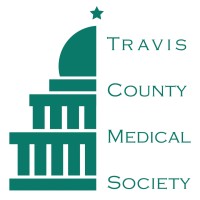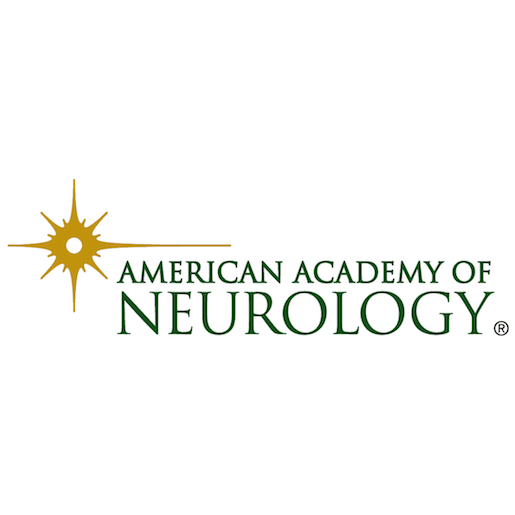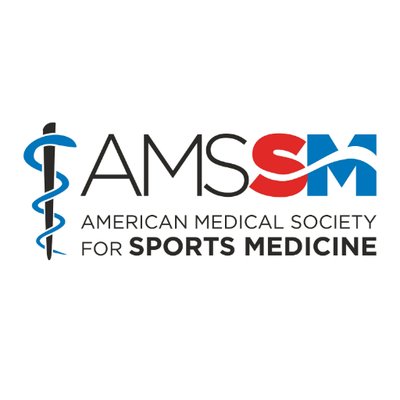


This section of the Dell Medical School Library website focuses on resources most relevant to graduate medical education.



This section is under construction. Watch for additions in the near future.
For additional resources, browse the other sections of the Dell Medical School Library website.
As always, direct any questions about resources to the Health Sciences Librarians, Imelda Vetter and Brittany Labinger.
*Please note you will need your UT EID and password to access most of these databases.
Unlimited users.
Updated regularly. A collection of over 80 leading medical textbooks plus an extensive multimedia library, Diagnosaurus differential diagnosis tool, patient education materials, practice guidelines, diagnostic tests and an integrated drug database. AccessMedicine also features self-assessment tools, Lange Case Files series, and online learning tools for medical education and board exams review. Featured textbooks include: Harrison’s Online, Tintinalli’s Emergency Medicine, Current Medical Diagnosis & Treatment, Principles and Practice of Hospital Medicine, and Schwartz’s Principles of Surgery.
Create a free My Access account while logged in to access content without additional logins required. My Access also enables creation and saving of practice tests, saving and downloading images.
Unlimited users.
Updated quarterly. Includes reliable and up-to-date information on the effects of interventions in health care. Provides information and evidence to support decisions taken in health care and to inform those receiving care. Consists of a regularly updated collection of evidence-based medicine databases.
Unlimited users.
Embase provides coverage of the biomedical literature, with over 31 million records from over 8,500 currently published journals, including over 7 million records and more than 3,000 journals that are not covered by MEDLINE. Offers extensive coverage of searchable conference abstracts dating back to 2009. It currently indexes over 6,000 conferences covering ~350,000 conference abstracts each year. Embase uses Emtree, the Elsevier Life Science thesaurus: a hierarchically structured, controlled vocabulary for biomedicine and the related life sciences. It includes a range of terms for drugs, diseases, medical devices and essential life science concepts
Unlimited users.
Google Scholar uses the popular Google search engine to enable searches for scholarly materials such as peer-reviewed papers, theses, books, preprints, abstracts and technical reports from broad areas of research. It includes a variety of academic publishers, professional societies, preprint repositories and universities, as well as scholarly articles available across the web. Google Scholar includes full text and citations.
Use this link to access Google Scholar, and see our Google Scholar Guide for information on using this resource.
Unlimited users.
Updated daily. Provides full text access to point-of-care information from 13 clinical databases and 4 clinical applications. Databases include Lexi-Drugs, Pediatric Lexi-Drugs, and Geriatric Lexi-Drugs as well as Clinician's Guides to Diagnosis, Internal Medicine and Laboratory Medicine. Clinical Applications include drug interactions, tablet & capsule identification, medical calculations and patient advisory leaflets.
Note: Not compatible with all web browsers. For best results use Chrome, Firefox, and Safari.
Unlimited users.
Updated monthly. Provides bibliographic indexing from the National Library of Medicine (NLM) covering the fields of medicine, nursing, dentistry, veterinary medicine, the health care system, and the preclinical sciences. Contains bibliographic citations (e.g., authors, title, and journal reference) and author abstracts from 4,500 biomedical journals published in the United States and 70 foreign countries.
Journal articles are indexed for MEDLINE using NLM's controlled vocabulary, MeSH (Medical Subject Headings). Citations are created by the National Library of Medicine, International MEDLARS partners, and cooperating professional organizations.
Corresponds in part to the following print indexes: Index Medicus, Index to Dental Literature, and International Nursing.
Unlimited users.
Updated monthly. Provides bibliographic indexing from the National Library of Medicine (NLM) covering the fields of medicine, nursing, dentistry, veterinary medicine, the health care system, and the preclinical sciences. Contains bibliographic citations (e.g., authors, title, and journal reference) and author abstracts from 4,500 biomedical journals published in the United States and 70 foreign countries.
Journal articles are indexed for MEDLINE using NLM's controlled vocabulary, MeSH (Medical Subject Headings). Citations are created by the National Library of Medicine, International MEDLARS partners, and cooperating professional organizations.
MEDLINE has worldwide coverage, but 88% of the citations in current MEDLINE are to English-language sources and 76% have English abstracts.
NLM provides free access to MEDLINE through PubMed.
Unlimited users.
Updated daily. Provides bibliographic indexing from the National Library of Medicine (NLM) covering the fields of medicine, nursing, dentistry, veterinary medicine, the health care system, and the preclinical sciences. Contains bibliographic citations (e.g., authors, title, and journal reference) and author abstracts from 4,500 biomedical journals published in the United States and 70 foreign countries.
Journal articles are indexed for MEDLINE using NLM's controlled vocabulary, MeSH (Medical Subject Headings). Citations are created by the National Library of Medicine, International MEDLARS partners, and cooperating professional organizations. English abstracts available for more than 80% of the records.
Unlimited users.
Updated monthly. Indexes and abstracts over 1,700 sources, including international material selected from periodicals written in over 35 languages. Contains current chapter and book coverage with worldwide English-language material published from 1987 to the present, and adds over 60,000 references annually through monthly updates. Covers the professional and academic literature in psychology and related disciplines.
Has over 1.8 million individual records, some dating back to 1887.
Unlimited users.
Updated weekly. Provides access to over 36 million citations in MEDLINE, PreMEDLINE, and other related databases. Links to the full text articles are provided when available, subject to UT subscription status.
Set up LibKey Nomad to find access through the UT Libraries subscriptions and purchases.
Unlimited users.
Updated monthly. Trip (Turning Research into Practice) searches evidence-based healthcare resources to support practice and care. It includes systematic reviews, clinical practice guidelines, primary research from over 500 high impact journals, and patient information leaflets. Trip offers a PICO search function and aligns each result with its relevant place on the “Levels of Evidence” pyramid.
Unlimited users.
Updated weekly. The Web of Science Core Collection is a group of databases (Science Citation Index Expanded, 1900-present; Social Sciences Citation Index, 1900-present; Arts & Humanities Citation Index, 1975-present) that together cover more than 21,000 journals across all disciplines. The Emerging Sources Citation Index (2005-present) tracks thousands of additional journals that are being considered for inclusion in the main citation indexes. Other files track references from conference proceedings (1990-present) and citations to books (2005-present).
The Web of Science platform currently also provides temporary access to several databases that are not part of the Core Collection, including Biosis Citation Index, Data Citation Index, and Zoological Record.
Unlimited users.
Updated daily. Evidence-based point-of-care information for clinicians, organized by disease state. DynaMed Plus includes ICD9/ICD10 codes, images, Micromedex drug content, and access from electronic health records. A mobile app is available to users who sign up for a personal account.
25 users.
EE+ is a powerful, comprehensive clinical decision support system that integrates information on 9,000 diagnoses into healthcare professional’s clinical workflows. This clinical was developed for physicians, nurses, and other healthcare professionals on the front line of patient care. EE+ features over 13,000 topics, guidelines, abstracts, tools, images, and summaries covering the most common conditions, diseases, and procedures clinicians come in contact with every day. Every recommendation carries a strength-of-evidence rating that accurately grades each recommendation’s merit on the basis of all of the evidence available in the relevant literature.

For additional resources, go here.
*Please note you will need your UT EID and password to access many of these journals.







If your specialty's association or society is not listed here, then go to your specialty's subpage within this Residency Resources section of the DMS Library website.
Users can access library resources through this Dell Medical School Library website or through the main UT Libraries website. You will be asked to login with your UT EID and password at some point during the process of searching and accessing the resources, depending on each indvidual resource.
Unlimited users.
Google Scholar uses the popular Google search engine to enable searches for scholarly materials such as peer-reviewed papers, theses, books, preprints, abstracts and technical reports from broad areas of research. It includes a variety of academic publishers, professional societies, preprint repositories and universities, as well as scholarly articles available across the web. Google Scholar includes full text and citations.
Use this link to access Google Scholar, and see our Google Scholar Guide for information on using this resource.
The Residency Resources section was created and developed by UT iSchool graduate student Lindsay Wendlandt, in Spring 2021 as part of her Capstone Project.
Work on this section of the website continued with the efforts of UT iSchool graduate student Samuel Marshall in Fall 2021 and Spring 2022.

This work is licensed under a Creative Commons Attribution-NonCommercial 4.0 Generic License.